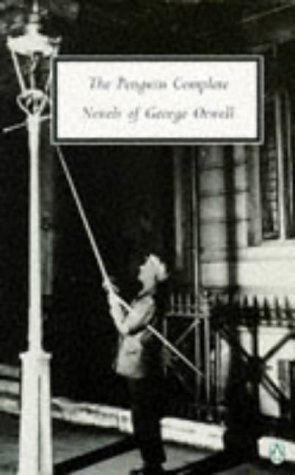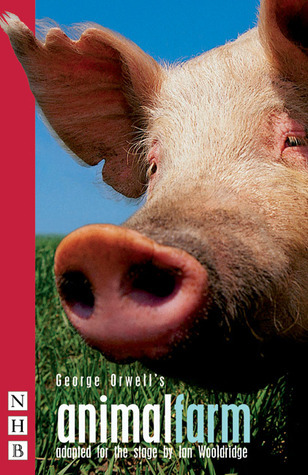
Animal Farm
Book Description
When the oppressed animals of Manor Farm rise up against their cruel human master, a thrilling tale of betrayal and ambition unfolds. United by a dream of equality, they establish their own society, but as power shifts and loyalties wane, a darker struggle emerges. Friendships fray and corruption seeps in, challenging their ideals in harrowing ways. Each character embodies the stakes of revolution and the price of freedom. As the animals’ utopia spirals into chaos, the question looms: can true equality ever be achieved, or does power inevitably corrupt even the noblest of hearts?
Quick Book Summary
"Animal Farm" by George Orwell is an allegorical novella that explores the consequences of revolution and the corrupting influence of power. The story begins with the animals of Manor Farm overthrowing their oppressive human owner, inspired by a vision of equality shared by the wise pig, Old Major. The animals establish their own government, aiming to create a utopia where all are equal. Over time, however, the pigs, led by the cunning Napoleon, seize control, manipulate the rules, and establish a regime as tyrannical as the human rule they replaced. Orwell masterfully illustrates how noble ideals can be perverted when leaders place personal ambition above the common good. The farm’s descent into authoritarianism raises timeless questions about freedom, justice, and the true cost of revolution.
Summary of Key Ideas
Table of Contents
Revolution and the Hope for Equality
The story opens on Manor Farm, where the animals, inspired by Old Major’s rousing speech, dream of a society free from human exploitation. Old Major’s vision sets the stage for a revolution, as the animals rise against Mr. Jones, their neglectful and violent owner. Driven by their newly adopted principles of Animalism, they establish a constitution based on equality and the idea that all animals are comrades. The initial hope is palpable, and the unity among the animals is strong as they work together to transform the farm into a symbol of liberation.
The Corruption of Power and Leadership
As the new society takes shape, leadership quickly consolidates around the pigs, particularly Snowball and Napoleon. While Snowball is charismatic and seeks genuine reform, Napoleon proves cunning and ruthless. Tensions mount as Napoleon deploys guard dogs to oust Snowball and seizes control. Power begins to corrupt, and Napoleon gradually distances the pigs from other animals, granting them privileges and adjusting farm policies to benefit the elite. Propaganda spread by Squealer, the pig spokesperson, manipulates the animals’ memories and perceptions, ensuring control with cleverly twisted narratives and fabricated statistics.
Manipulation and Propaganda
The original ideals of Animalism, summarized by the maxim “All animals are equal,” begin to erode under Napoleon’s regime. The commandments are altered subtly to justify the pigs’ growing excesses, and dissent is crushed. The pigs begin to emulate the very humans they once opposed—walking on two legs, drinking alcohol, and engaging in trade with neighboring farmers. The animals observe their leaders' gradual betrayal but are too demoralized or confused to resist. This shift illustrates Orwell’s warning about how revolutionary ideals can be manipulated and ultimately betrayed by those in power.
Betrayal of Ideals
The class divide on Animal Farm becomes stark. The pigs and their loyal dogs live comfortably, enjoying the labors of the other animals, who work harder than ever yet receive fewer rewards. Promises of prosperity remain unfulfilled, and the common animals shoulder the burdens of the farm while leadership becomes indistinguishable from their former human oppressors. The once-inspired slogan, "All animals are equal, but some animals are more equal than others,” epitomizes the disillusionment and hypocrisy that now define life on the farm.
Class Struggle and Social Hierarchy
By the novel’s close, the animals glimpse their pig leaders socializing with humans and realize that their revolution has come full circle. The faces of pig and man are now interchangeable, symbolizing the complete betrayal of the original ideals. Orwell leaves readers with a powerful cautionary message about the nature of power, the fragility of freedom, and the ease with which noble dreams can devolve into new forms of oppression. Animal Farm endures as a poignant critique of totalitarianism and the cyclical pitfalls of history.
Download This Summary
Get a free PDF of this summary instantly — no email required.





